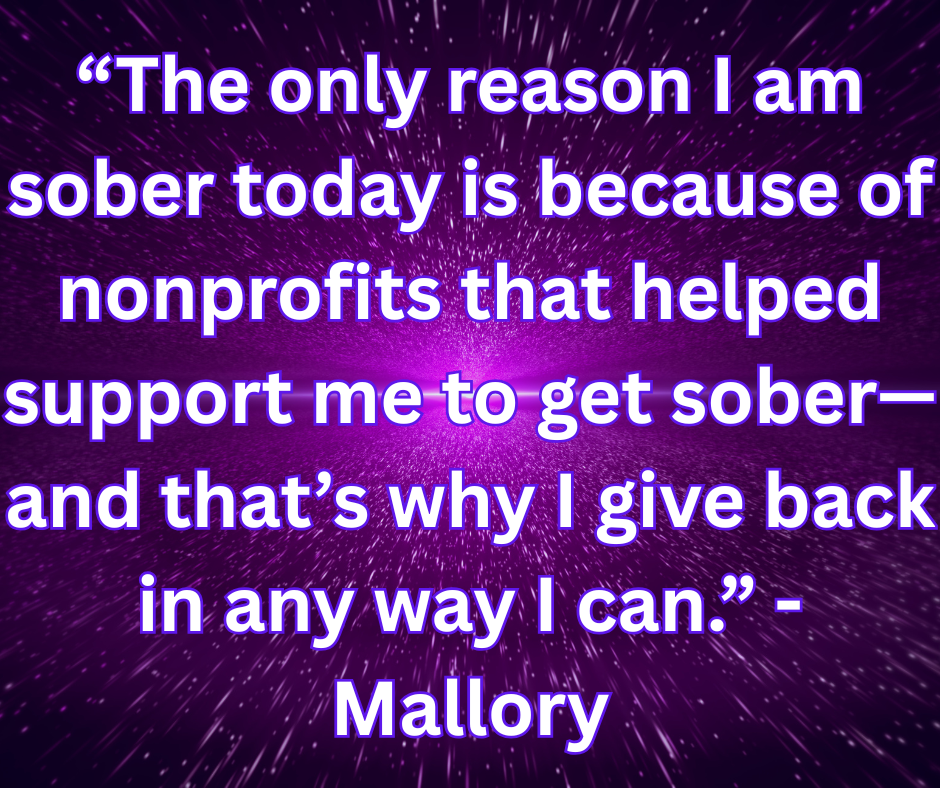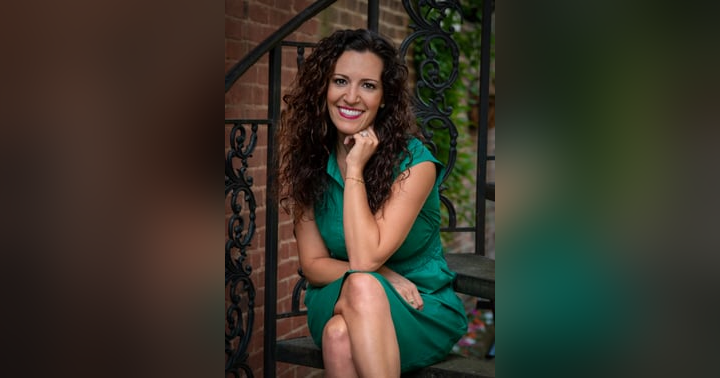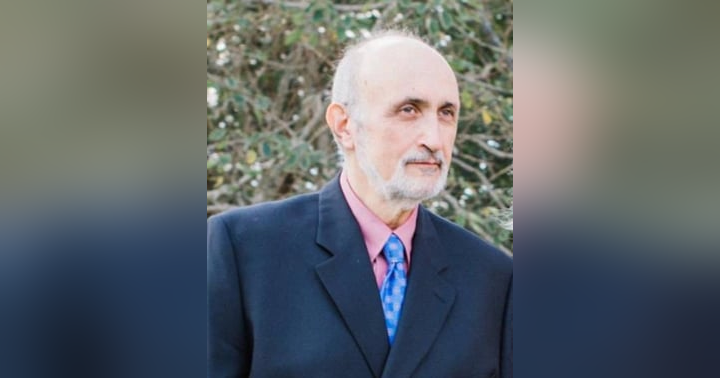
In this post, we're diving deeper into the powerful story of Mallory, a remarkable woman who transformed her life from the depths of heroin addiction to becoming a beacon of hope and advocacy. Her journey, marked by early family turmoil, teenage substance use, intimate partner violence, and a grueling climb toward sobriety, is a testament to the resilience of the human spirit. This blog post will explore the critical turning points in her life, the resources that aided her recovery, and her current work as a dedicated advocate for others. It expands upon the conversation I had with Mallory in the latest episode of my podcast, which you can listen to here: Podathon For Recovery: Mallory’s Road to Recovery. Mallory's story is one of raw honesty, practical hope, and the enduring possibility of recovery. Join us as we delve into the key moments of her journey.
Mallory's Journey from Addiction to Advocacy
Mallory's story is a complex tapestry woven with threads of adversity, resilience, and ultimately, triumph. Her journey from a turbulent childhood to becoming a dedicated advocate is an inspiring example of the power of hope and the possibility of recovery. Let's break down the critical stages of her transformation.
Early Life and Family Turmoil
Mallory's early life was marked by instability and family challenges. Growing up, she experienced significant family turmoil, which created an environment of uncertainty and stress. Witnessing conflict and a lack of stability within the home can have profound effects on a child's development, leading to emotional distress and a search for coping mechanisms. These early experiences set the stage for later vulnerabilities.
Teenage Substance Use and Risky Behaviors
As a teenager, Mallory began experimenting with substances. This experimentation quickly escalated, leading to risky behaviors and a pattern of substance use. The teenage years are a period of exploration and vulnerability, and for Mallory, this translated into early drug and alcohol use. As mentioned in the podcast episode show notes, this included moving schools and academic struggles, which further contributed to her challenges. Without proper guidance or support, these behaviors can quickly spiral out of control, leading to addiction.
The 'Aha' Moment with Heroin
A defining moment in Mallory's story was her introduction to heroin. She describes experiencing an "aha" moment, an immediate and intense craving that signaled the beginning of her deep struggle with opioid addiction. This initial experience created a powerful physical and psychological connection to the drug, making it incredibly difficult to break free. The "aha" moment marked a significant turning point, plunging her further into the depths of addiction.
Intimate Partner Violence and the Cycle of Abuse
Mallory's addiction was further complicated by her involvement in an abusive relationship. She experienced intimate partner violence, which created a cycle of abuse that was difficult to escape. Domestic violence and addiction often coexist, with one fueling the other. The abuse led to further emotional distress and dependence on substances as a coping mechanism. As highlighted in the podcast episode show notes, she went through the textbook "going back" cycles, which are common in abusive relationships.
The Hard Climb Back to Sobriety
The path to sobriety was long and arduous for Mallory. Breaking free from addiction required immense strength, determination, and access to the right resources. The journey involved numerous setbacks and challenges, but Mallory remained committed to reclaiming her life. This period of her life was marked by significant personal growth and a relentless pursuit of recovery.
Turning Points and Decisions
Several critical turning points and decisions played a pivotal role in Mallory's journey toward sobriety. These moments required courage and a willingness to make difficult choices. Let's explore some of these key factors.
Resources and Support Systems
Access to resources and a strong support system were crucial for Mallory's recovery. She found help through various avenues, including therapy, support groups, and community organizations. These resources provided her with the tools and encouragement needed to overcome her addiction. As highlighted in the podcast episode, some resources mentioned included local nonprofits supporting recovery, which offered her volunteering and fundraising opportunities. Having a network of people who understood her struggles and provided non-judgmental support was invaluable.
A Terrifying Incident: Opioid Ingestion and Emergency Response
A particularly harrowing incident involved Mallory's child ingesting an opioid, which required an emergency response. This terrifying event served as a wake-up call, underscoring the devastating impact of her addiction on her family. The quick administration of Narcan, an overdose reversal medication, saved her child's life. This incident further fueled her determination to get clean and create a safe environment for her children.
Building a Career in Behavioral Health
Mallory channeled her experiences into a career in behavioral health. She began working in the field in 2014 and currently serves in business development for a large nonprofit. This career path allowed her to give back to the community and support others who were struggling with addiction. Working in behavioral health provided her with a sense of purpose and a platform to advocate for change. As someone with lived experience, Mallory brings a unique perspective and deep empathy to her work.
Mallory's Advocacy and Community Involvement
Today, Mallory is a passionate advocate for recovery and an active member of her community. Her work extends beyond her professional role, encompassing volunteering and fundraising for local recovery organizations.
The Power of Storytelling in Reducing Stigma
Mallory understands the power of storytelling in reducing stigma and opening doors to recovery resources. By sharing her personal journey, she helps others feel less alone and more willing to seek help. Her honesty and vulnerability create a space for open conversations about addiction and recovery. Storytelling is a powerful tool for breaking down barriers and fostering a more compassionate and understanding community.
Supporting Recovery: Rage Against Addiction and Other Resources
Mallory actively supports organizations like Rage Against Addiction, a nonprofit dedicated to connecting addicts and their families with the resources they need. She also volunteers and fundraises for other local recovery organizations in Harford and surrounding counties. These efforts provide crucial support to individuals and families affected by addiction. Rage Against Addiction is dedicated to providing help and hope to those struggling with substance use disorders, and Mallory's involvement amplifies their impact.
Hope and the Possibility of Recovery
Mallory's story is a testament to the power of hope and the possibility of recovery. Despite facing immense challenges, she has transformed her life and become a source of inspiration for others. Her journey reminds us that recovery is possible with the right support, resources, and determination. Mallory's nearly 12 years of sobriety (since November 23, 2013) serve as a beacon of hope for those who are still struggling. Her story demonstrates that even in the darkest of times, there is always a path to recovery and a brighter future.
In conclusion, Mallory's journey from addiction to advocacy is a testament to the resilience of the human spirit. Her experiences with early family turmoil, teenage substance use, intimate partner violence, and the arduous climb back to sobriety have shaped her into a powerful advocate for recovery. By sharing her story, she helps reduce stigma and inspire hope in others. If you found Mallory's story compelling, I encourage you to listen to the full podcast episode: Podathon For Recovery: Mallory’s Road to Recovery. There, you can hear Mallory in her own words as she delves into the details of her journey. You can also find additional resources and support information in the show notes. Remember, recovery is possible, and there is always hope.










